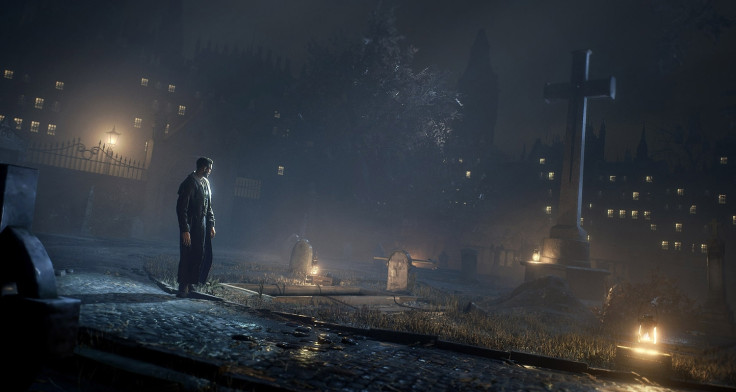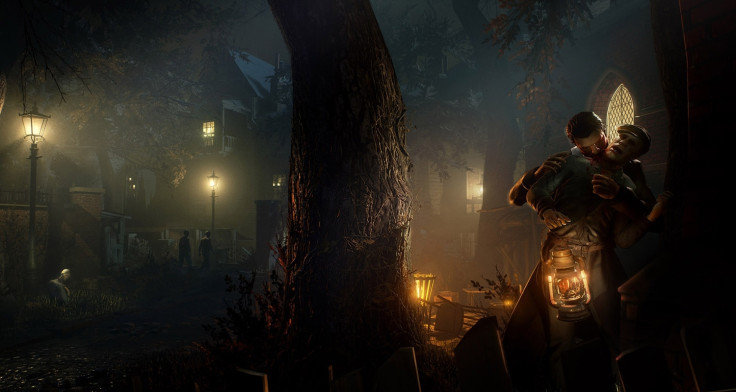Vampyr gives its moral dilemmas real meaning by rooting them in open world design
Dontnod's latest gets to grip with the conflicted life of a doctor turned vampire.

Challenging players with making morally-ambiguous decisions has been as popular in video game design over the past few years as crafting and season passes. More often than not they're binary, or of little value – but not at Dontnod Entertainment.
In Life is Strange, the French studio's breakout, name-making hit, the ability to reverse time and replay decisions granted them a greater meaning. Players deliberated each choice, the design of the game seeding doubt by giving players the option to try again.
Decisions with no obvious right or wrong answer enhanced the experience, the knowledge that players would have to eventually settle on something no matter how often they rewound time ensuring that every choice carried weight.
In Vampyr, Dontnod's next project, the team is taking this marriage of gameplay and morality to another, deadlier level.
Life is Strange was structured as a regular Telltale-style narrative adventure game, but it had a gameplay twist that enriched it. In Vampyr, the hook of its play is a fundamental part of its basic open world structure.
In Vampyr, you play as Jonathan Reid, a doctor who has become a vampire during the Spanish flu pandemic that gripped the planet between 1918 and 1920. Conflicted between his career saving people and his newfound bloodlust, his character is instantly conflicted.
The game is an action RPG set in an open world depiction of London. There's a core narrative thread to follow that will give players ample opportunity to use Reid's vampyric combat abilities, but how well he'll fare in these fights will be at least partly determined by everything else going on this world, and how players interact with it.
Vampyr's London is split into four districts and in each of those districts players will find and interact with a cast of characters, each with stories to tell and discover.
In the demo shown to IBTimes UK at Gamescom 2017, Reid spoke to one man and went off to find a missing necklace. He doesn't just find the missing jewellery, but something far more horrifying, which opens the story up and introduces new characters; his mother and her surrogate son.
Reid can feast on any of these characters, and at any time. They each have a profile indicating their connections to other characters, their health (you wouldn't want to suck the blood of someone with a cold) and how much experience points the player will attain if they kill them.

Learning more about their various situations will also unlock dialogue options useful for gathering more information and, eventually, to unlock the means to "mesmerise" someone and guide them to a secluded spot to meet their doom.
The reason this is a necessity is that killing non-player characters (NPCs) is the only way to gather experience points which can then be spent on abilities (under the subsets Defensive, Aggressive, Tactical and Ultimate), which also level Reid up.
More virtuous players will reward more experience, and gathering that will make any future encounters easier to surmount. Whether a character is decent or not however, each death will have consequences. An NPC's death could speed up the spread of Spanish flu in the area for example, and its possible to lose each district forever, its many NPCs replaced with monstrous enemies.
Otherwise, in this unfinished form just a few months from release, Vampyr looks every bit the mid-range, mid-budget game that it is. It won't be challenging the big-hitters for production value voice acting, but in terms of engaging ideas it will go toe-to-toe with the best of them when it's released in November on PS4, Xbox One and PC.
© Copyright IBTimes 2025. All rights reserved.



















